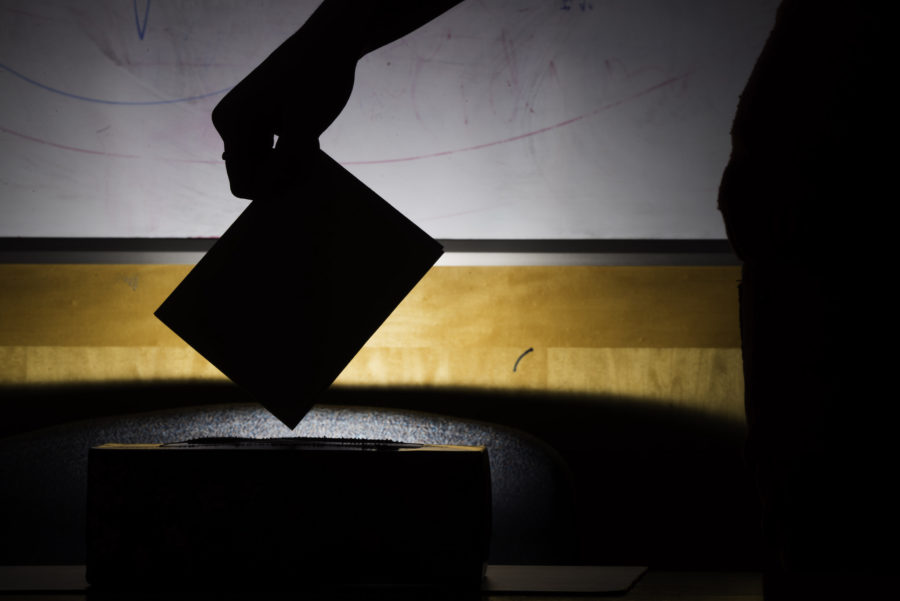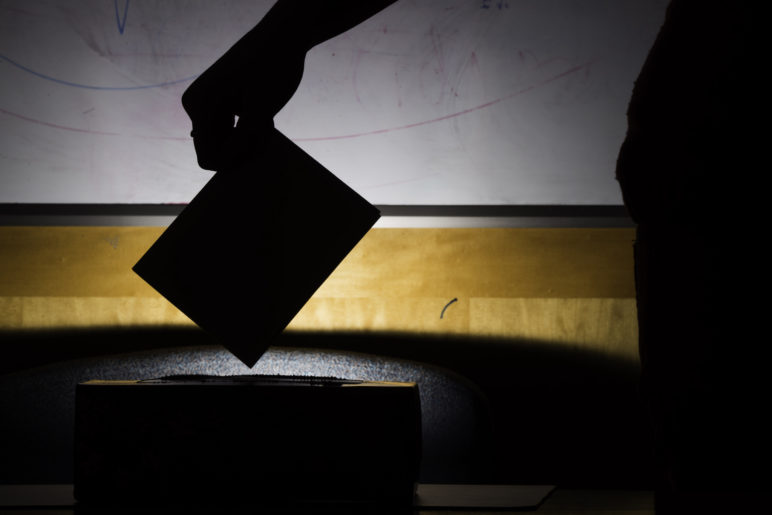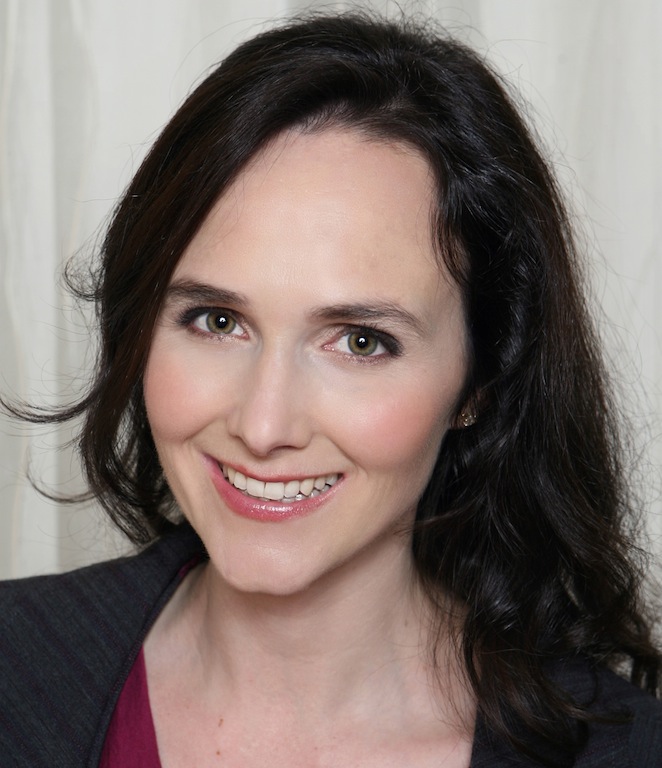Exciting democracy changes are afoot in Cascadia. This year the Washington state legislature passed a suite of bills affirming its citizens’ right to vote. Benton County, Oregon, is about to become the first Cascadian jurisdiction in nearly a decade to use ranked-choice voting. And British Columbians will decide this year whether to make their elections more representative by using proportional voting for their legislature, a powerful move toward more-representative democracy. Here’s a rundown of these and other recent developments.
Benton County, Oregon, is about to become the first Cascadian jurisdiction in nearly a decade to use ranked-choice voting.
Automatic voter registration is coming to Washington
The Washington state legislature’s automatic voter registration bill hit Governor Inslee’s desk on March 8. When he signs, Washington will become the 12th US jurisdiction to pass automatic voter registration legislation. (Oregon was the first and Alaska the sixth.) The bill will facilitate voter registration for many of the 1 million eligible voters in Washington state who are not currently registered by streamlining the process and shifting the registration burden from citizens to the state.
The bill requires the Washington state Department of Licensing to submit to the secretary of state the necessary information for voter registration for enhanced drivers license applicants who are eligible to vote. Applicants will have the opportunity to opt out of voter registration if they so choose. This measure may facilitate voter registration for over 100,000 Washingtonians each year.
In addition, the bill requires that the state Health Benefit Exchange (HBE) offer eligible voter applicants for health insurance plans via the Washington Healthplanfinder the choice to have their information submitted to the secretary of state’s office for voter registration. Though this will still require applicants to opt in to the voter rolls, HBE’s participation could expedite registration for an estimated 35,000 voting eligible Washingtonians.
Washington Local Options Bill is off to a great start
As Washington voters started taking action to improve the way they elect city, county, and port commissioners, they realized that state law blocked them from adopting proportional representation and ranked-choice voting. The Local Options bill would free local jurisdictions to change their local voting methods by giving them the choice to eliminate primaries and elect their representatives in multi-winner races rather than posted (or numbered) seats. The bill went further than expected in its inaugural legislative session. It received broad support, including 15 house sponsors and 3 senate sponsors, and received a hearing in the House committee on State Government, Elections, and Information Technology. Advocates from around the state are already building momentum for next year’s legislative session.
Washington Voting Rights Act flew through the legislature
The Washington state legislature also passed the Washington Voting Rights Act this legislative session. The Act empowers counties, cities, towns, and districts across the state to change their local election methods to ensure that members of a “race, color, or language minority group” have an equal opportunity to elect candidates of their choice. Though the Act’s language specifically focuses on districting remedies to polarized voting, it leaves open the door for other solutions, including proportional representation.
The Act also provides a pathway for voters living in jurisdictions with histories of polarized voting to challenge their local voting systems and work for change, either directly with their local government, or via a judicial process.
Washington’s other democracy wins
In addition to passing the Automatic Voter Registration bill and the Washington Voting Rights Act, the Evergreen State’s legislature signed off on two other bills that will further boost voter registration and turnout rates. Same Day Registration will allow eligible voters to register to vote on the day of an election at their county auditor’s office. The bill also allows qualified voters who register remotely to cast a ballot in an election so long as they get their registration applications to their auditors 8 days prior to that election, as compared to the 29 day lead time they needed previously.
The legislature also passed a pre-registration bill for 16- and 17-year-olds. Washington’s future voters, residents who meet all voting requirements but haven’t yet reached their 18th birthdays, can now pre-register via a state agency. The bill also requires all public high schools to hold a voter registration drive on the newly designated “Temperance and Good Citizenship Day,” which will fall on or around January 16 each year, to facilitate pre-registration for the state’s next generation of voters.
Benton County, Oregon is moving ahead with ranked-choice voting
In November 2016, Benton County, Oregon, voters passed Measure 2-100, opting to use ranked-choice voting to elect their county commissioners and sheriff. The Measure stipulated that the county wouldn’t move forward with implementation until it received $200,000 in funding from either the State of Oregon or other sources. Unfortunately, the state didn’t provide that funding in its 2017 budget, but it came through in House Bill 5201. Benton County will conduct its first ranked-choice election in 2020, giving Oregon voters the chance to rank order the candidates.
British Columbia may lead the region into a more democratic future
The biggest opportunity of all for forward-thinking democracy reform is actually in northern Cascadia, though democracy reformers in the rest of North America don’t seem to have noticed yet. This year British Columbians will decide whether to adopt proportional representation for their legislative elections. If successful, the provincial referendum could have far-reaching consequences for future politics in BC, shifting the balance of the provincial government, and electing candidates from a wider array of parties. Smaller parties, like the Green Party, consistently win more votes than seats in BC’s current first-past-the-post elections. With proportional representation, all voters would get a fairer share of representation. Under-represented parties also broadly support important climate-smart policies, not the least of which is opposing fossil fuel exports and expansion of the Trans Mountain pipeline.
The referendum could also have impacts beyond BC’s provincial boundaries. BC would set an example for the rest of the region, laying the groundwork to inspire other Cascadian jurisdictions to modernize their electoral systems as well. PR is more common around the world than North-American style single-winner, “choose only one” elections, and BC’s application would bring it to Canada and the United States on a large stage. (At present, the Cambridge, Massachusetts, city council and a few small district boards in Minneapolis, Minnesota, are the only instances of PR in government races on this continent north of Mexico.)
Last year, British Columbia passed two sweeping campaign finance reform packages—one for provincial and the other for local elections. The new laws prohibit campaign contributions from organizations, corporations, and unions, and they cap individual contributions at $1,200 per campaign. They also limit third-party advertising budgets. These amendments will help change the game on money in BC politics in the coming years.
Taken together, BC’s success last year and its push for proportional representation this year suggest this province is the clear leader in the race for a more fair and representative democracy for Cascadia.
A good start to 2018
The Oregon and Washington legislative sessions are already over, but the work will continue in 2018. We look forward to seeing more attention on voting rights and electoral methods throughout Cascadia as British Columbians gear up for an important vote, Oregon continues automatically registering new voters and Benton County prepares for its first RCV election, and Washington gets started with automatic registration and other voting improvements.











